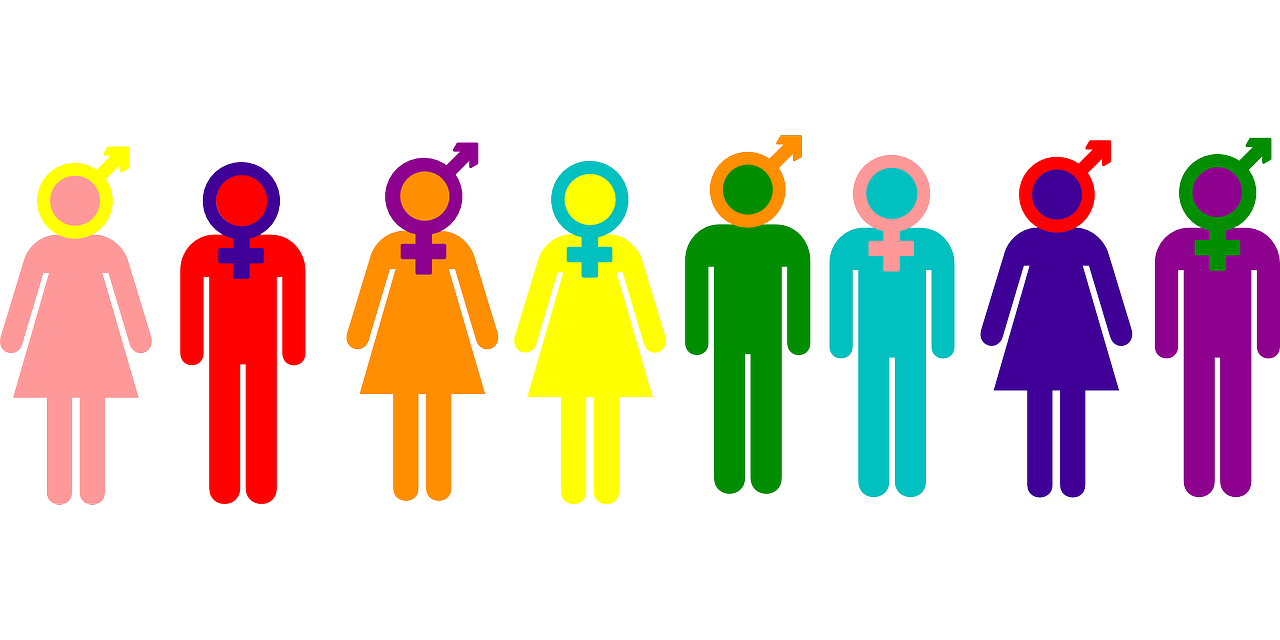Do Lesbian Women Experience Violence?
Black lives matter, right? Women’s lives matter too, right? Okay, so what about lesbian women’s lives? They matter, don’t they? They’re human, aren’t they?
Over the years, the LGBTQ+ community has endured a wide sum of scrutiny, hate, and vulgarity when it comes down to their place in society. The year of 2017 raised a lot of eyebrows and caused head shakes within the LGBTQ+ community, stemming from recent, back-to-back homicides within the course of one week.
To keep things updated, the month of December 2017 highlighted a sudden urgency to alleviate hate crimes posed against members of LGBTQ+ communities across the United States. At the closing of 2017, specifically December 28th, 2017, the smallest ounce of recognition paid heed to a lesbian couple murdered in a quadruple homicide in upstate New York, as well as another lesbian woman and her 11-year-old daughter murdered in West Palm Beach, Florida. Additionally, to add to hurt, a fourth lesbian woman of Washington, DC was found shot to death and burned alive in the trunk of her car. Now, although police officials have said that none of the homicides are linked to one another, it highlights the sudden increase in violence against black lesbian women, as well as other members of the LGBTQ+ communities.
According to the National Coalition of Anti-Violence Programs’ (NCAVP) report in 2017, A Crisis of Hate: Mid-Year Report on Lesbian, Gay, Bisexual, Transgender, and Queer Hate Violence Homicides, they recorded reports of 36 hate violence related homicides of LGBTQ+ and HIV affected people as of August 23rd, 2017, the highest single incident number ever recorded by NCAVP. This specific number represents a 29% increase in single incident reports from 2016. The victims of these hate violence related homicides have overwhelmingly been transgender women and queer, bi, or gay cisgender men. Members of the LGBTQ+ community have been targeted because of who they are, because of what sexuality they choose to be.
Shedding light on the brutal murders of the four black lesbian women in December 2017, it’s important to keep in mind just that- the brutality of each murder. Beginning in upstate New York, a lesbian couple and two small children became the victims of heinous crimes. The victims were 36-year-old Shanta Myers, her 22-year-old partner Brandi Mells, and Myers’ two children, 5-year-old Shanise Myers and 11-year-old Jeremiah Myers. Their four bodies were found in an apartment basement. According to the New York Daily News, all four victims were savagely murdered and found bound with their throats slit.
In West Palm Beach, 36-year-old Kaladaa Crowell and her 11-year-old daughter, Kyra Inglett were gunned down outside their home. Crowell’s daughter was seen running outside of her home when she collapsed on the walkway to her home, and was later pronounced dead at the hospital. The suspect, Marlin Larice Joseph--who happens to also be the son of Crowell’s lover, Robin Denson--also lived in the home with Crowell and her daughter, and was later taken into custody the following Tuesday.
The fourth lesbian woman victimized by the December 2017 murders was a 23-year-old Hyattsville, Maryland resident named Kerrice Lewis. The Washington Post reported that Lewis was killed in the 800 block of Adrian Place SE. She was found in the trunk of her burning car with her hands tied and multiple gunshot wounds, another grisly murder. The irony about Lewis’ murder is that although all of these homicides occurred on the same day, days after Christmas, they were unrelated and featured different motives; furthermore, Lewis was friends with two other people shot to death in Washington, DC that same night and police believe all three of those specific murders are linked to one another.
All of these women deserve recognition, deserve global exposure on news headlines, and, of course, justice. Each woman, no matter their sexuality, should be granted media coverage, merely because each crime committed was identified as hate crimes. The lack of media coverage is an issue, for the victims’ families and for members of the LGBTQ+ community. According to Huffington Post contributor and journalist Julia Diana Robertson, “When lesbians are murdered the distinct media bias keeps the general population in the dark. This bias is multiplied where ‘butch’ lesbians are concerned, and compounded if you’re a woman of color.”
We have to look at this from all perspectives and not just our own. These women were victims, too.

